Green tea has been heavily over-hyped. Even mainstream tea companies, including Teavana, make a lot of unsubstantiated or exaggerated claims about the health benefits of their teas, especially green and white teas.
For accurate information about tea and health, I recommend reading the page on tea on the micronutrient information center of the Linus Pauling Institute. I trust this source, an impartial resource institute, much more than companies which have an interest in promoting tea.
The strongest evidence supports that consuming at least three cups of tea daily may modestly lower your heart disease risk. Although there is a lot of hype about tea preventing cancer, there's not enough evidence to conclude that it actually prevents cancer or lowers cancer risk. The same is true of weight loss.
Health risks or drawbacks:
Both green and black tea contain caffeine. Although the amount is quite low, much lower than in coffee, the amount of caffeine in tea can still be enough that it can cause problems for caffeine-sensitive individuals, and for some people, it can contribute to insomnia if you drink tea too close to bedtime.
Both types of tea can be high in fluoride among natural food sources. Andrew Weil took a stance on this issue, explaining that, while green tea does have about twice as much fluoride as black, he thinks concerns about fluoride in tea are overblown. The fluoride may contribute to positive dental health, however!
There is also a little concern that tea may inhibit iron absorption, due to the tannins or other antioxidants binding to iron. There's not much evidence that this actually causes a problem in normal, healthy individuals. I researched this some time back and summarized my work on RateTea's page on tea and iron absorption. If you are really worried about this but want to drink tea, you can take measures like drinking tea between meals, and making sure your iron-rich meals also contain natural sources of Vitamin C.


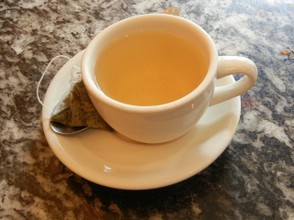
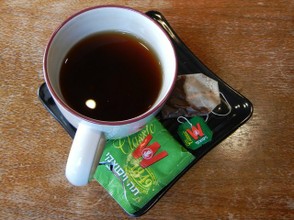
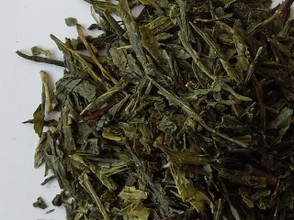
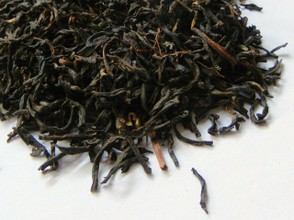



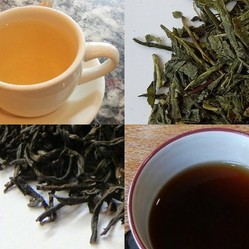

 The Shaming of Femininity and Elevation of Masculinityon 07/13/2017
The Shaming of Femininity and Elevation of Masculinityon 07/13/2017
 What is Genderqueer or Non-Binary Gender?on 10/16/2015
What is Genderqueer or Non-Binary Gender?on 10/16/2015
 Resources for Learning Spanish Free Onlineon 04/13/2016
Resources for Learning Spanish Free Onlineon 04/13/2016
 Ways Native Plants Can Help Control Invasive Plantson 05/26/2016
Ways Native Plants Can Help Control Invasive Plantson 05/26/2016

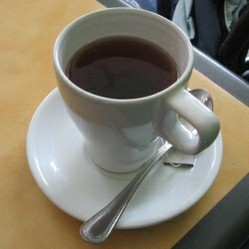
Comments
I also like oolongs, especially greener oolongs that tend more towards green tea in color and character. I think of Oolong as a category of its own though, and that's how I classify it on RateTea. Even the greener oolongs, like Pouchong and Jade Oolong, are very different from green tea, both in how they taste and how they are produced...I find they tend to be smoother and less grassy.
I avoided mentioning oolong very much in this article, as I focused on green and black teas, but your comment is making me think that it might be worthwhile to either write more here about oolong, or perhaps create an additional article comparing oolong to green or black tea, or both.
What are your favorite sources of green tea and oolong?
I prefer green tea and Oolong which is green tea is it not only fired a bit for that beautiful flavor. Adore Oolong four times a day and green a few. Green tea had been my favorite tea for so long but I have fallen for Oolong since I got my hands on a good supply of Oolong which was once upon a time hard to do. Great article. :)K